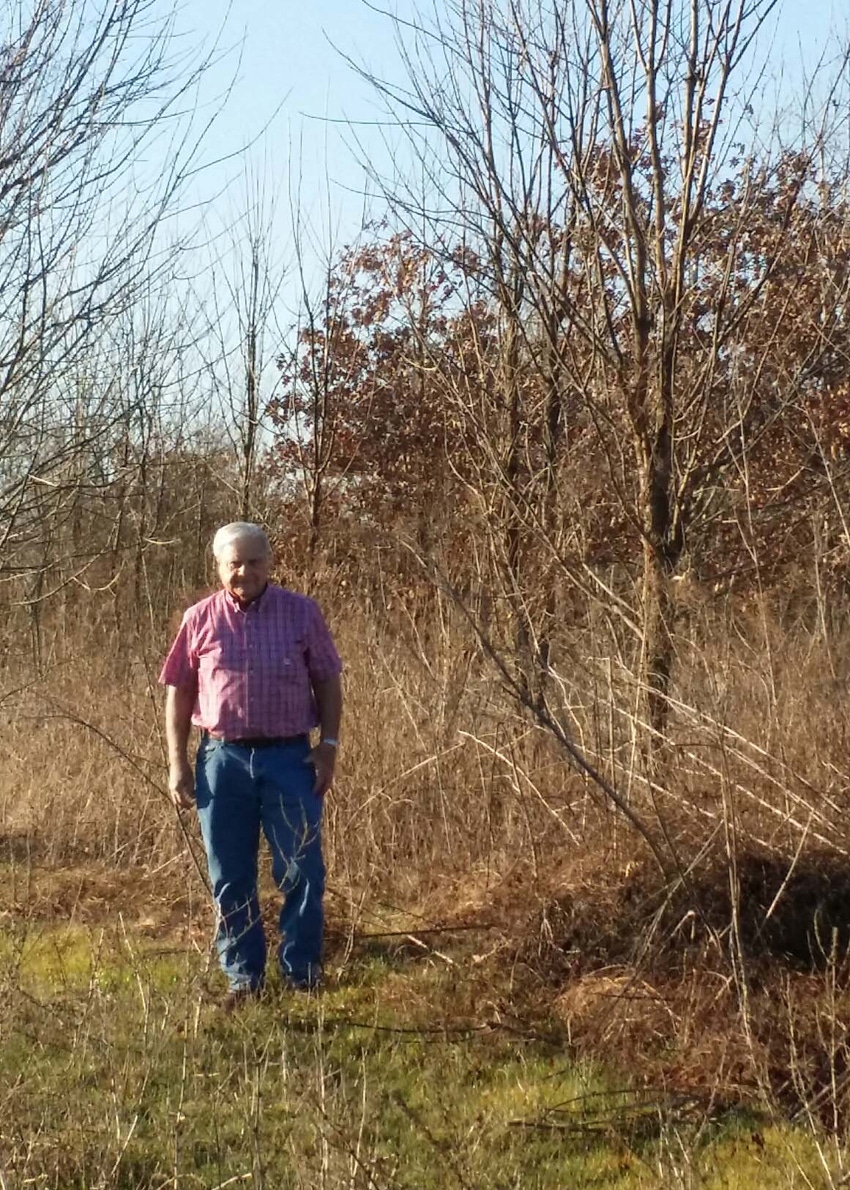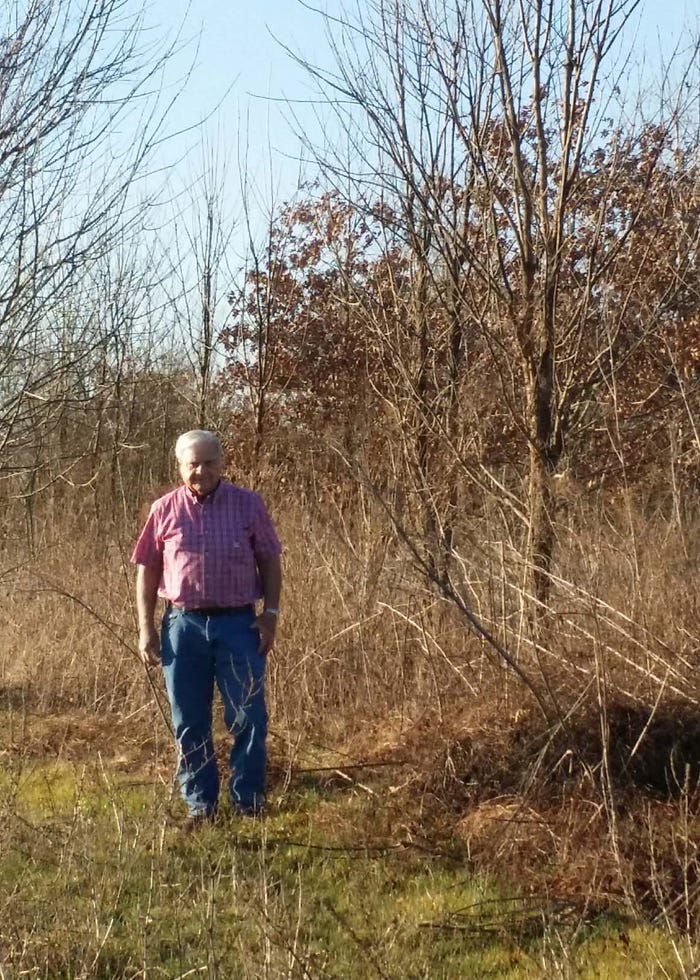USDA offers additional CRP incentives
Farm Service Agency offers CRP participants extra money to manage forest lands enrolled in program.
December 12, 2016

In an effort to improve wildlife habitat and the health of private forest lands, the U.S. Department of Agriculture's Farm Service Agency (FSA) announced additional incentives available for Conservation Reserve Program (CRP) participants to actively manage forest lands enrolled in the program.

Lee Pittman Edwards currently has several U.S. Department of Agriculture (USDA) Farm Service Agency (FSA) Conservation Reserve Program (CRP) contracts utilizing a variety of conservation practices, including wildlife food plots, riparian forest buffers, wetland restoration, as well as tree and shrub habitats for pollinators in Mississippi. The USDA FSA CRP pays a yearly rental payment in exchange for farmers removing environmentally sensitive land from agricultural production and planting species that will improve environmental quality. Source: USDA NRCS
“Many CRP forests were initially established to conserve soil and protect water quality, but there is also a critical need to restore wildlife habitat,” said Brad Pfaff, FSA deputy administrator for farm programs. “Over the years, as trees grow and the forest canopy closes, the quality of wildlife habitat for many species declines. These new incentives are intended to reverse that trend while also maintaining healthy forests.”
The announcement was made Dec. 9 at a CRP forest site near Jackson, Miss. In addition to Pfaff, those in attendance included FSA Mississippi state executive director Michael R. Sullivan; Natural Resources Conservation Service state conservationist Kurt Readus, and Office of Senator Thad Cochran constituent services representative Jo Ann Clark.
Under the provisions of the 2014 farm bill, $10 million is available nationwide to eligible CRP participants. Those selected will be encouraged to thin, prescribe burn or otherwise manage their forests in order to allow sunlight to reach the forest floor. This will encourage the development of grasses, forbs and legumes to benefit numerous species, including pollinators and grassland-dependent birds such as the northern bobwhite.
“The program is a win-win for landowners and wildlife as it supports enhanced wildlife habitat on lands already removed from agricultural production while promoting forest sustainability, soil conservation and water quality protection,” Pfaff said.
Eligibility is limited to landowners and agricultural producers already enrolled in CRP with conservation covers primarily containing trees. Incentive payments, not to exceed 150% of the cost to implement a particular customary forestry activity as described, have been established. CRP participants meeting eligibility requirements and interested in making offers to participate should visit their local FSA county office.
For more information about FSA conservation programs, visit the FSA office at a local USDA service center, or go to www.fsa.usda.gov/conservation. To locate the nearest FSA office, go to http://offices.usda.gov.
You May Also Like



